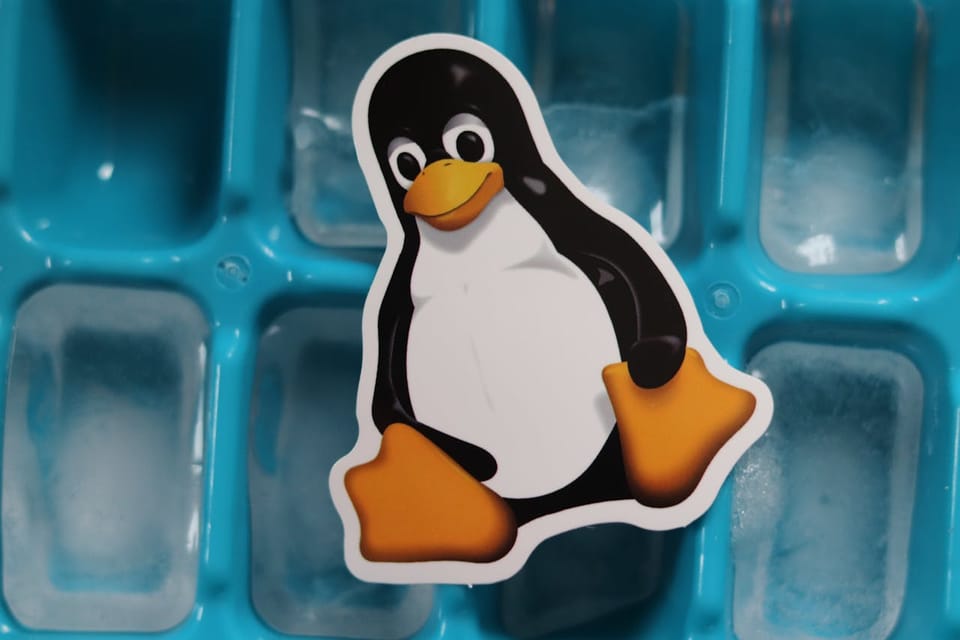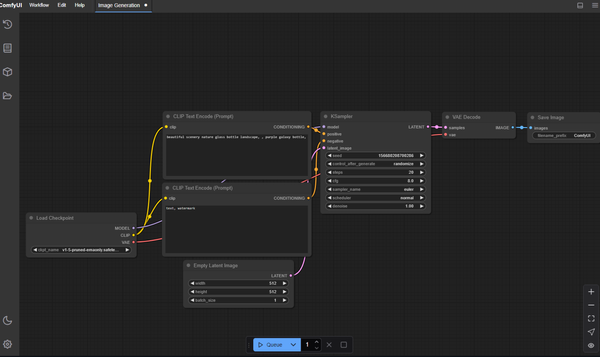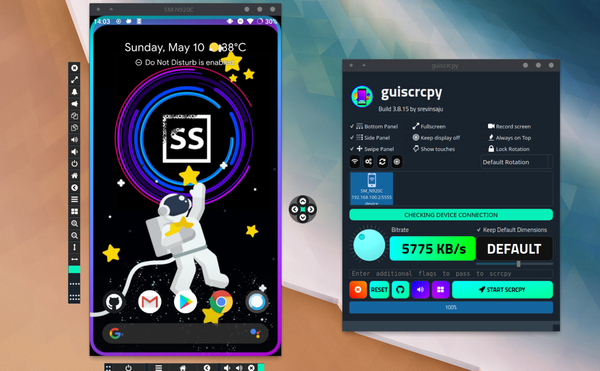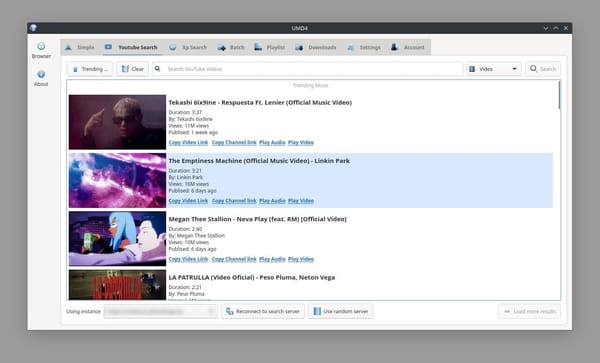The Systemd Civil War: A Personal Perspective on Linux's Evolution
Table of Content
Having spent over two decades in the Linux ecosystem, I've witnessed countless changes that have shaped our community.
Few topics have sparked as much passionate discussion as systemd. As someone who's experienced both the pre-systemd era and its current dominance, I'd like to share my thoughts on why this particular piece of software has become such a lightning rod for debate.
Understanding Init Systems: The Foundation of Linux
You can think of an init system as your computer's morning routine. Just as you need to perform certain tasks in order when starting your day, your Linux system needs to initialize various services and processes in a specific sequence.
Traditionally, SysVinit handled this job with straightforward shell scripts - simple, predictable, and easy to understand.
Enter systemd, introduced in 2010. It promised faster boot times and better service management through parallelization. While these goals were admirable, the implementation has led to significant controversy within the Linux community.
The Systemd Controversy: More Than Just Technical Debates
The Complexity Trade-off
Imagine replacing a simple toolbox with a Swiss Army knife that includes everything from scissors to a satellite phone. That's essentially what happened with systemd. While it's undeniably powerful, it has grown far beyond its original scope as an init system. It now handles:
- System logging (journald)
- Network management (networkd)
- Login management (logind)
- DNS resolution (resolved)
- And much more
This expansion has raised concerns among veterans who value the Unix philosophy of having tools that "do one thing and do it well.", which I totally agree with.
Real-world Impact
The shift to binary logs particularly stands out as a pain point. Recently, I was helping a colleague recover data from a partially corrupted system.
With traditional text logs, we could have easily used standard Unix tools to extract the information. Instead, the binary logs required specific systemd tools, making our recovery process more complicated than necessary.
The Rise of Systemd-free Alternatives
For those seeking alternatives, several distributions have emerged as havens for systemd-free computing:
Modern Alternatives
- Devuan: A Debian fork that feels just like home for Debian users, minus systemd. (Currently, I am using it for Work)
- MX Linux: Based on Debian, MX Linux uses SysVinit as its default init system and offers a stable, user-friendly environment for both beginners and experienced users. Its lightweight nature makes it suitable for older hardware while keeping systemd dependencies optional, providing flexibility for those who prefer not to use it.
I recommend MX Linux for my friends, especially who are new to Linux and who wanna revive their old machines because it is user-friendly approach. - Artix Linux: Perfect for Arch enthusiasts who prefer a different init system.
- Void Linux: A fresh take on Linux with its own package manager and the lightweight runit init system. It is becoming the new favorite kid in the block for Linux servers.
Traditional Champion
Slackware: The grandfather of Linux distributions, still standing strong with its traditional approach.
Slackware is still my favorite primary OS. Over the years, it has been my stable, trustworthy companion, helping me grow my knowledge and complete dozens of projects for my clients.
Making Your Choice
When considering a move away from systemd, consider these factors:
Advantages
- Simpler system architecture
- More transparent system management
- Closer alignment with Unix philosophy
- Greater control over your system
Challenges
- Some modern applications may require extra setup
- Smaller (though often more dedicated) community support
- Potential learning curve if you're used to systemd
Looking Forward
The beauty of Linux has always been choice. Whether you embrace systemd's integrated approach or prefer a more traditional setup, there's a distribution out there for you.
The rise of non-systemd alternatives isn't just about technical preferences - it's a reminder that our community values diversity of thought and implementation.
After all these years in Linux, I've learned that what matters most is finding a system that aligns with your values and needs. The debate around systemd has ultimately made our ecosystem stronger by encouraging alternatives and keeping the spirit of choice alive.
Remember, there's no universally "right" choice - only the right choice for your specific needs and preferences. Whether you choose to stick with systemd or explore alternatives, what's important is understanding the trade-offs and making an informed decision.
Any good in depth systemd tutorials/documentation for admins?
by u/EquilibrialThoughts in linuxadmin














